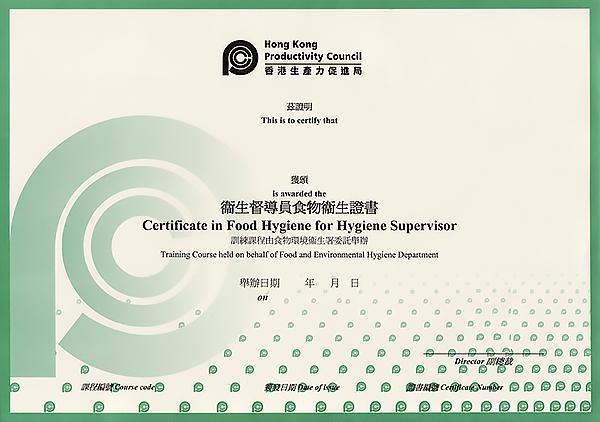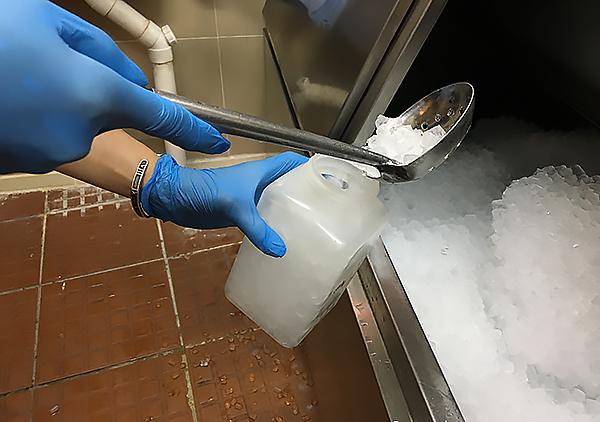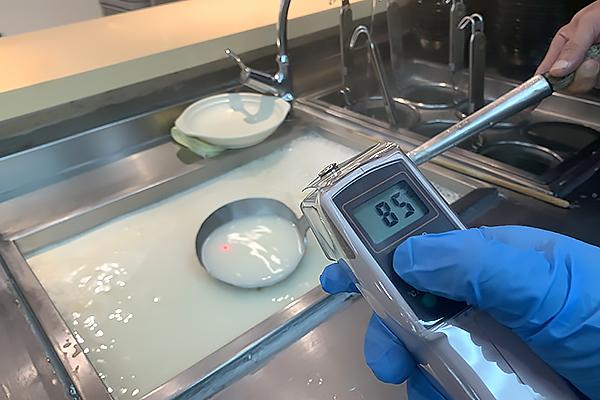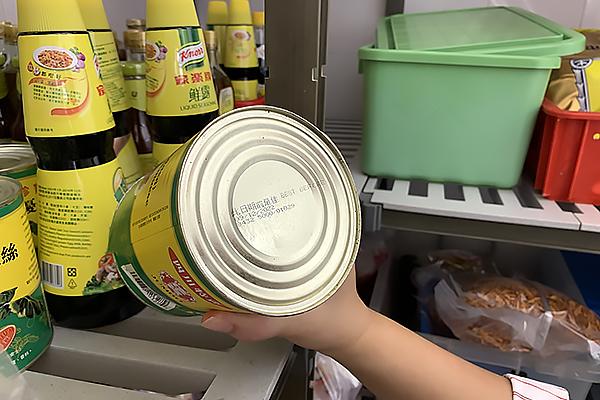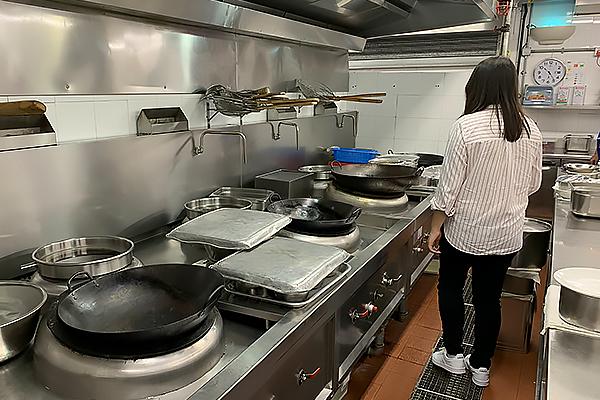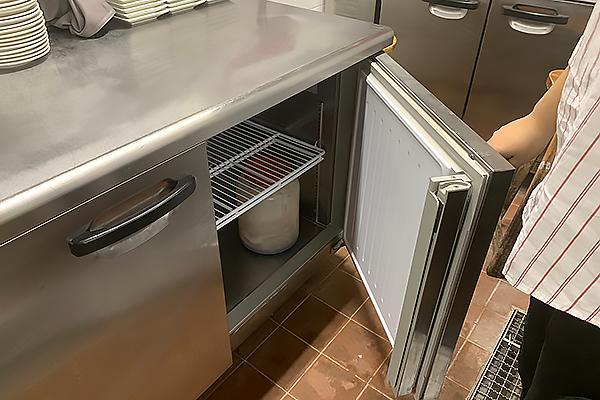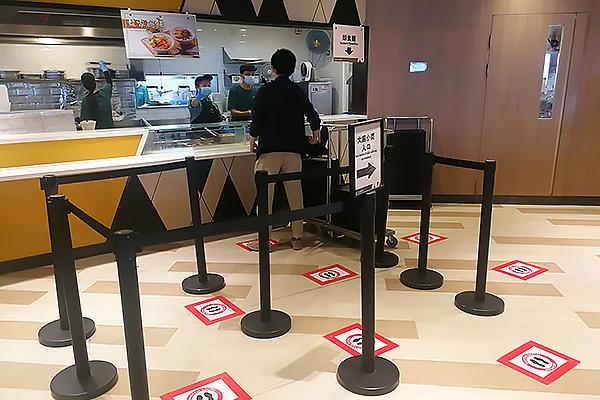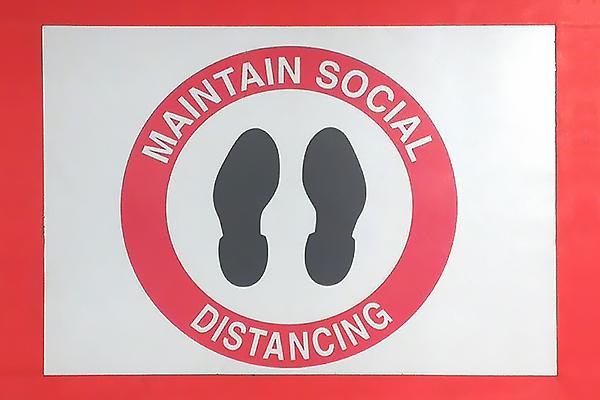Campus Health and Safety
Food Safety and Hygiene in the HKUST
The HKUST is one of the universities having the most diversified catering outlets in Hong Kong. We have 19 catering outlets and food trucks serving American, Chinese, Middle Eastern and Korean food on campus. For staff and students, it is no doubt good news that they have various choices, but from the food safety and hygiene point of view, it needs to have a systematic approach to monitor and ensure all foods served are fit for consumption.
To ensure the operators of the catering outlets comply with the food safety and hygiene standard, Health, Safety and Environment Office (HSEO) and Campus Services Office (CSO) have established a comprehensive food safety and hygiene program with the following key elements:
Requirements of the Food Hygiene Supervisor
All catering outlets are required to appoint a hygiene supervisor who performs a supervisory role to advise food handlers on the proper food handling practices and conduct daily checks on the personal, environmental and food hygiene conditions.
Routine microbiological test of edible ice from catering outlets
HSEO coordinates with CSO to sample edible ice for a microbiological test from catering outlets. The satisfactory microbiological quality of edible ice samples reflects good sanitary conditions and hygiene practices of handling edible ice and risk of enteric infection through consumption of edible ice is low.
Routine inspection by HSEO and CSO
In addition to daily monitoring of catering services by CSO, HSEO and CSO conduct a joint monthly inspection to check the food handling practices of staff and hygiene condition of catering outlets. The hygiene inspection focuses on the cleanliness of kitchens and utensils, proper handling of edible ice, proper storage of raw food and cooked food, maintenance of equipment such as refrigerators and cold rooms, condition of drainage systems and the existence of any rodent or vermin infestation.
Unannounced night inspection
HSEO and CSO plan to implement a risk-based night inspection system to classify all catering outlets into high-risk, medium-risk and low-risk categories. The aim is to allocate resources for the night inspection of all catering outlets according to the assessed potential risks such as the size of customer base, type of food handled, food preparation process and their hygiene condition found in the previous 12 months. Based on the result of risk assessment, high-risk, medium-risk and low-risk catering outlets are inspected at 4-week, 10-week and 20-week intervals respectively.
Special hygiene arrangement in COVID-19 outbreak
Under the supervision of HSEO and CSO, all operating catering outlets are strictly implementing the requirements of the Prevention and Control of Diesase (Requirements and Directions) (Business and Premises) Regulation in providing hand sanitisers, keeping social distance, seating requirement as well as holding capacity at the seating area and measuring consumers’ body temperature before the person is allowed to enter the catering outlets. Additional hygiene measures include setting up 3 temporary food counters offering express takeaway services to reduce the need of customers to enter a crowded food outlet, providing pre-pack bread to avoid sharing food tongs and providing each customer with his/her own tableware to minimize the possibility of transmission of COVID-19. Furthermore, CSO requests all catering outlets should have a record of staff body temperature and provide appropriate personal protective equipment to staff. Although most of the operators are facing a decline of business, they still keep the high hygiene standard and serve good quality and safe meals to all university users.

